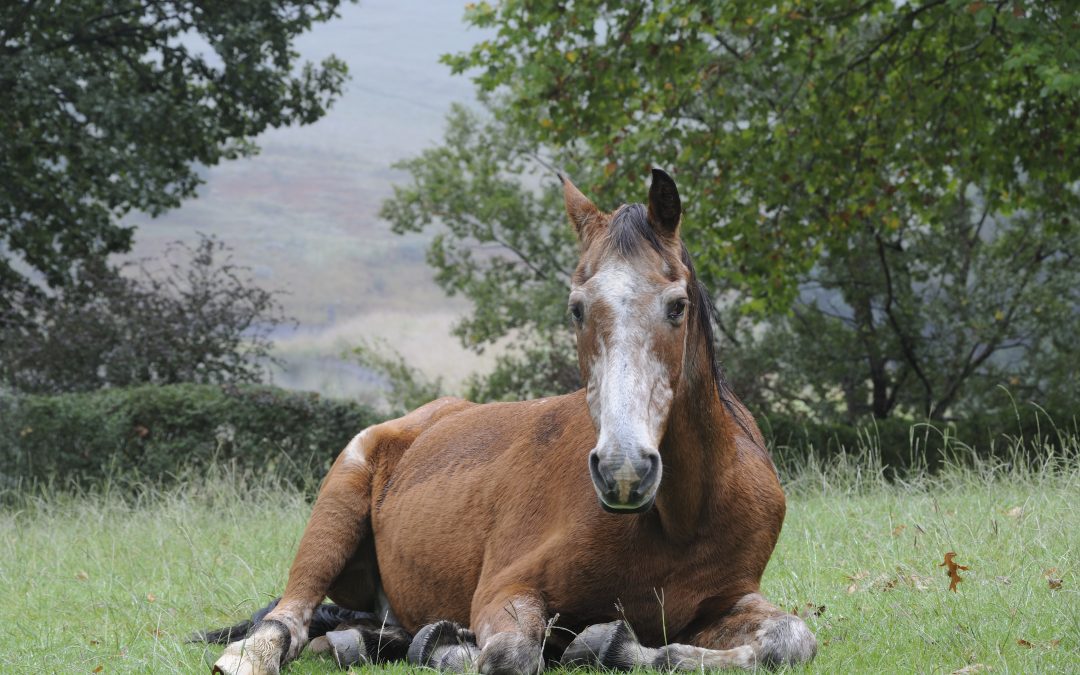When our beloved horses, ponies or donkeys start slowing down and showing the wear and tear of their lives well lived we need to think of how we can help manage, maintain and support them into retirement or an easier way of life. The BHS website has a great page on the signs of pain and we have attached the link below:
www.bhs.org.uk/horse-care-and-welfare/health-care-management/quality-of-life/
Common issues in older horses and ponies:
- Arthritis
- Dentition
- Vaccines
- Farriery
- Diet
Arthritis:
As our golden oldies age unfortunately wear and tear can become a problem. Good diet, regular trimming +/- shoes and pain relief can all help keep your horse more comfortable for longer. Common places that horses develop arthritis are the hocks, the coffin joints and in some horses the knees (Carpi).
Whether they develop arthritis depends on the amount of wear and tear they have had throughout their ridden career. It is important to recognise the signs of pain in horses.
Dentition:
Equines are herbivores, in that their teeth are designed to continually grow throughout their lifespan. The molars are used for grinding and as a consequence are very hard wearing. This continual growth of the tooth and the amount of wear means that the outside surfaces of the teeth can become sharp if their teeth are not seen on a regular basis. As they age, the problems they can have become more common. Below is the list of common issues found in the older mouth;
- Decaying teeth or caries
- Diastema (gaps between teeth) and receding gum lines due to gum disease and aging
- Fractured teeth
- Reduced grinding surface as the teeth become worn and at the end of their growth phase
Regular dental checks (6-12months depending on the state of the animals mouth) are recommended to ensure that the best care are taken of these teeth.
Vaccines:
Ensuring they are covered for flu and tetanus is important. Tetanus across all ages as the risk is the same regardless. In veterans if they get flu their prognosis is guarded and so ensuring good vaccination coverage is vital.
Farriery:
Good foot care and balance is of great importance. Regular trimming cycles are also vital to ensure that good balance and foot health is maintained. Not just from a day to day care perspective but the effects that poor foot maintenance can have on arthritic limbs is significant. Remedial farriery can also help keep horses sounder without the need for daily pain relief in some cases.
Diet:
As horses get to late middle age/old age their calorie needs can vary. Depending on the health of their teeth it can also be completely different from relating to teeth but knowing how this needs to be changed dependent upon requirements inc calorie needs.
If you have any queries about your older horse or pony, please do not hesitate to contact the office.

